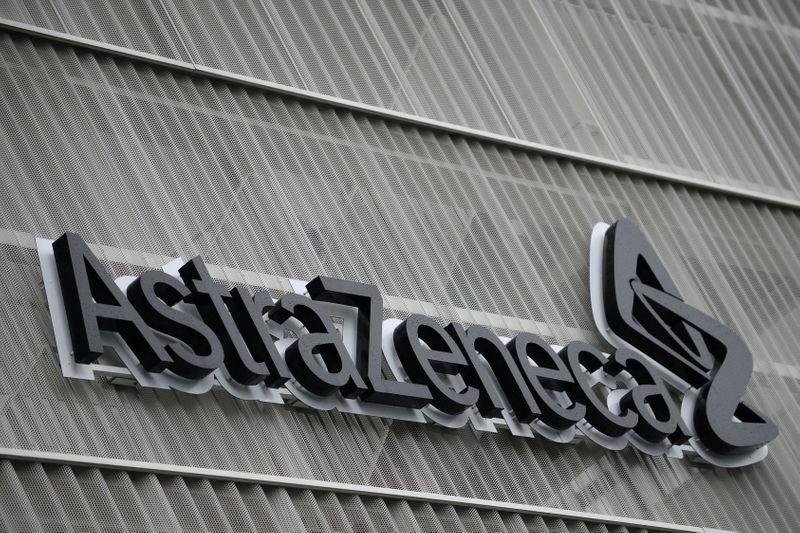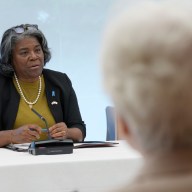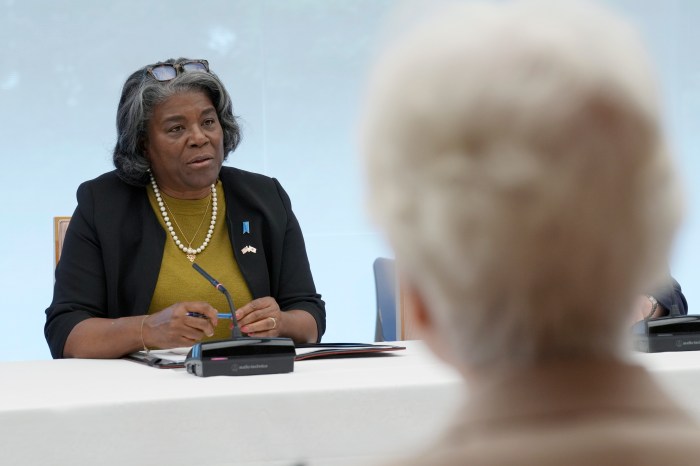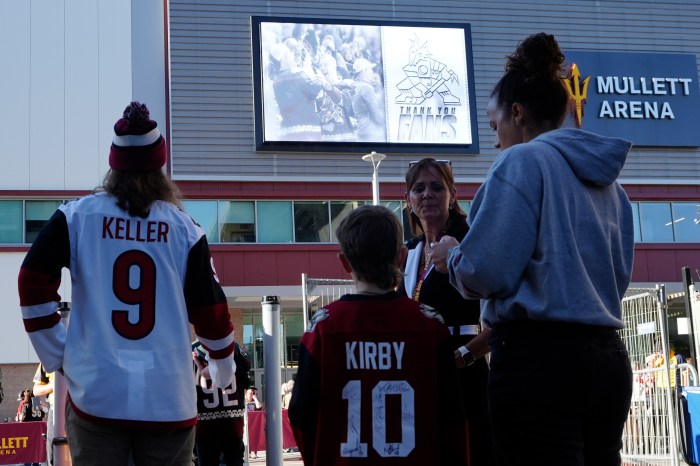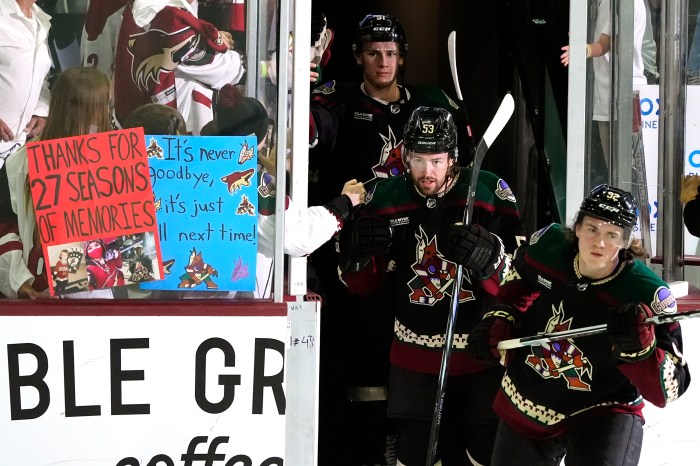LONDON (Reuters) – AstraZeneca expects to have results from a U.S. clinical trial of its COVID-19 vaccine in the next four to six weeks, the company’s research chief Mene Pangalos said on Friday.
Asked when the late-stage U.S. trial would read out, particularly given high rates of transmission of the SARS-CoV-2 virus during the months since it began in August, Pangalos agreed the rates had been high in “the latter period” of it, suggesting that was why the read out would come later.
Some experts had expected the data sooner than that, given the high infection rates in the United States during the period of testing.
“I think we’re getting very close to getting data. I would say in the next four to six weeks we should have the results for that study reading out,” he told reporters.
The former chief adviser for the U.S. government’s Operation Warp Speed COVID vaccine development program had said in December that he was expecting U.S. trial data in January.
One of the U.S. trial investigators, who was not authorised to speak on behalf of the company, said on Friday the trial now had enough data to do an interim analysis, and investigators were cleaning the data so that data safety monitors could start analysing it.
“We’re all hoping that there will be some data for them to be able to put together a report for the FDA to apply for emergency use authorization by the end of the month (February),” the investigator said.
AstraZeneca and its partner, Oxford University, say their COVID-19 vaccine, which is already approved for emergency use in about 50 countries, has 76% efficacy against symptomatic infection for three months after a single dose, and that this is increased if the second shot is delayed.
(Reporting by Alistair Smout and Kate Kelland in London, and by Julie Steenhuysen in Chicago. Editing by Elizabeth Piper)

